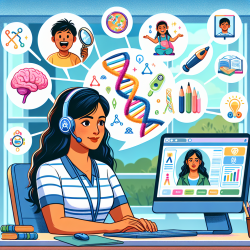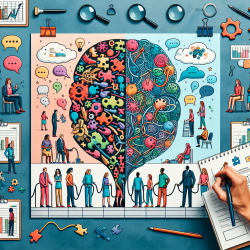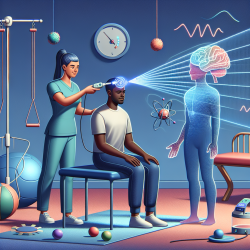Genetic testing, especially in children and adolescents, is a growing trend. While these tests can offer valuable information, the research by Caulfield et al. highlights some critical considerations for practitioners.
Key Insights from the Research
The research paper provides a thorough analysis of genetic testing for non-disease-related traits, such as athletic ability and diet. Here are some takeaways:
- Scientific Validity: Many of these tests lack robust scientific evidence to support their claims.
- Potential Harms: Misinterpretation of test results can lead to psychological or physical harm.
- Autonomy Concerns: Testing minors raises ethical questions about consent and the right to make autonomous decisions.
Implementing Research Outcomes in Your Practice
As a practitioner, it's crucial to stay informed about the limitations and potential harms of genetic testing. Here are some steps you can take:
- Educate Yourself: Familiarize yourself with the latest research and guidelines on genetic testing.
- Communicate Clearly: Ensure that parents and guardians understand the limitations and potential risks of genetic testing.
- Promote Autonomy: Encourage families to consider the child's perspective and autonomy when deciding on genetic testing.
Encouraging Further Research
The field of genetic testing is rapidly evolving. Encouraging further research can help ensure that these tests are used responsibly and ethically. Here are some ways to promote research:
- Collaborate: Partner with researchers to study the long-term effects of genetic testing on children and adolescents.
- Advocate: Support policies that promote ethical standards and scientific rigor in genetic testing.
- Stay Updated: Regularly review new research and adjust your practices accordingly.
To read the original research paper, please follow this link: Marginally scientific? Genetic testing of children and adolescents for lifestyle and health promotion.
By implementing these insights and encouraging further research, you can enhance your online therapy services and better support the children and adolescents you work with.










